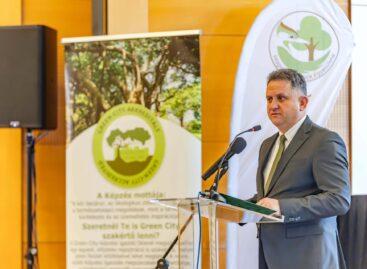Fifteen hundred years old grape seeds were found in the Negev desert
Charred grape seeds dating back 1,500 years were discovered recently in an archaeological excavation in the ruins of the ancient Byzantine city of Halutza, about 19 miles southwest of Beersheba.
In its heyday, in the 6th and 7th centuries A.D., Halutza or Elusa as it was called in Greek, was the most important Byzantine city of the Negev area.
The excavation is part of a broader bio-archeological research examining the rise and fall of the Negev Byzantine society, in the seventh century A.D. The research is conducted by the The Zinman Institute of Archaeology form the University of Haifa, and the Israel Antiquities Authority. (The Jewish Press, hirado.hu)
Related news
Walnuts are available at incredible prices
🎧 Hallgasd a cikket: Lejátszás Szünet Folytatás Leállítás Nyelv: Auto…
Read more >Related news
Retail sales of organic products in Hungary increased by 13.9% – our country is the second fastest growing market in the European Union
🎧 Hallgasd a cikket: Lejátszás Szünet Folytatás Leállítás Nyelv: Auto…
Read more >The keys to corporate growth in 2026: AI, acquisitions and rapid transformation
🎧 Hallgasd a cikket: Lejátszás Szünet Folytatás Leállítás Nyelv: Auto…
Read more >








